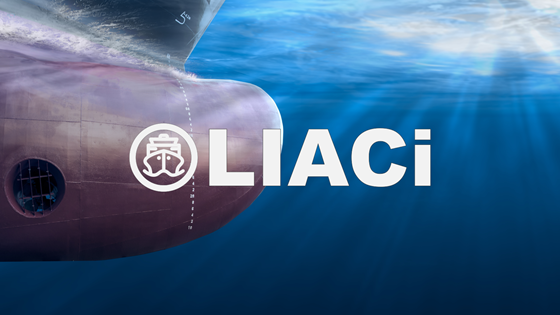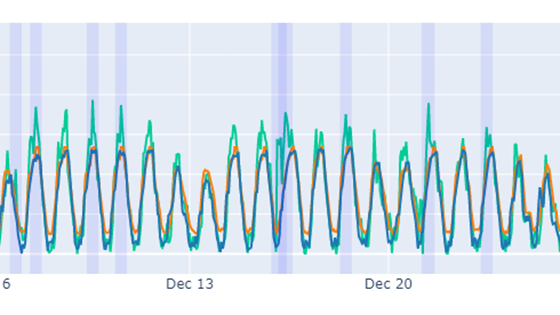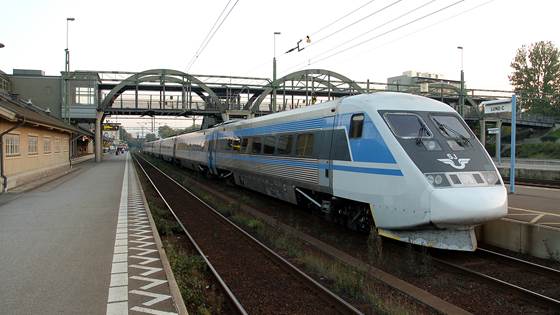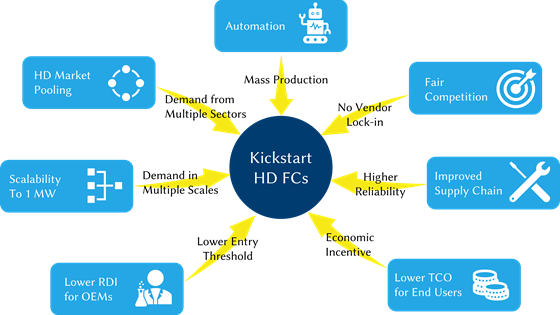
FakeSpeak
The Fakespeak project aims to enable fact-checking services to detect and flag potentially harmful fake news items in a more accurate, efficient and timely manner than offered by current state-of-the-art systems.

The Fakespeak project aims to enable fact-checking services to detect and flag potentially harmful fake news items in a more accurate, efficient and timely manner than offered by current state-of-the-art systems.

The Gaia Vesterålen project aims to contribute to the sustainable development of local communities by combining existing and new content in museums with the help of groundbreaking technological solutions.

The sustainability transitions research field addresses the complex transformation processes needed for key societal services (energy, transport/mobility, food, housing, water/sanitation) to be provided more sustainably.

Lifecycle Inspection, Analysis and Condition information system

The goal of this project is to overcome the issue of limited available or labelled data for (multivariate) time series modelling, where heterogeneity of the data as well as noise, pose further challenges. ML4ITS’s main objective is to advance the...

After gaining valuable experience on zero-emission rail solutions in Norway and collaborating with the USA, SINTEF partnered up with several Czech institutions to investigate the potential for zero-emission trains in Czechia.

The digitalisation of our society's service systems has fundamentally changed the way services are delivered to, and experienced by, humans. The overall goal is to increase the quality of services and support the successful digitalisation of services...

The main aim of SMILE is to create SMart Inclusive Living Environments (SLE) with novel eHealth solutions that enable ageing in place. Specifically, the SLE ecosystem will provide an infrastructure, that not only supports older people to live...

European consortium to standardise fuel cell modules for heavy duty applications: the “StasHH mission”